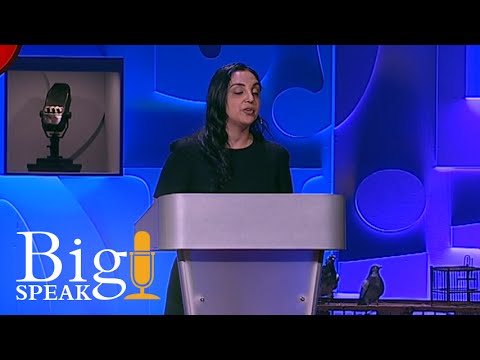Every day we make choices. Coke or Pepsi? Save or spend? Stay or go?Whether mundane or life-altering, these choices define us and shape our lives. Sheena Iyengar asks the difficult questions about how and why we choose: Is the desire for choice innate or bound by culture?
Why do we sometimes choose against our best interests? How much control do we really have over what we choose? Sheena Iyengar's award-winning research reveals that the answers are surprising and profound. In our world of shifting political and cultural forces, technological revolution, and interconnected commerce, our decisions have far-reaching consequences. Use The Art of Choosing as your companion and guide for the many challenges ahead. Media Reviews'Starred Review. A delightful, astonishing take on the pitfalls of making up one's mind.'
- Publishers Weekly'A lucid work of popular science written by an accomplished practitioner.' - Kirkus Reviews'No one asks better questions, or comes up with more intriguing answers.' - Malcolm Gladwell'Sheena Iyengar's work on choice and how our minds deal with it has been groundbreaking, repeatedly surprising, and enormously important. She is someone we need to listen to.' - Atul Gawande, author of Better and Complications. The information about The Art of Choosing shown above was first featuredin 'The BookBrowse Review' - BookBrowse's online-magazine that keeps our members abreast of notable and high-profile books publishing in the coming weeks.In most cases, the reviews are necessarily limited to those that were available to us ahead of publication.If you are the publisher or author of this book and feelthat the reviews shown do not properly reflect the range of media opinion now available,please with the mainstream media reviews that you would like to see added.
Another pseudo-psychology bookIyengar offers nothing more than a survey of other people's work on various aspects of social cognition & culture related to a very broad definition indeed of 'choice.' There is nothing new here, and although Iyengar is a sedulous writer, she is not an effective one: her attempt fits in with the trend in the past decade to pack a popular science book full of anecdotes and factoids, then pretend that this amounts to something more than a heap.The surprising thing is, Iyengar has supposedly done her own research on choice. Why, then, didn't she build her book around that research? Far better, for those who are interested in this topic, are books built with a real theme, e.g. 'The Paradox of Choice: Why More Is Less,' by Barry Schwartz. Schwartz actually has something to say, and he says it in fewer pages than Iyengar takes to say nothing.lol. Sheena IyengarSheena Iyengar's groundbreaking research on choice has been funded by the National Science Foundation, the National Institute of Mental Health, and the National Security Education Program.
She holds degrees from UPenn, The Wharton School of Business, and Stanford University. She is a professor at Columbia University, and a recipient of the Presidential Early Career Award. Her work is regularly cited in periodicals as diverse as Fortune and Time magazines, the NYT and the WSJ, in books such as Blink and The Paradox of Choice.
Sheena Iyengar The Art Of Choosing Transcripts
1-Sentence-Summary: extensively covers the scientific research made about human decision making, showing you what affects how you make choices, how the consequences of those choices affect you, as well as how you can adapt to these circumstances to make better decisions in the future.Read in: 4 minutesFavorite quote from the author:is one of my favorite books of all time. Call me old-fashioned, but I’m a sucker for most books that, in one way or the other, tell us to go back to “the good old days,” when making choices was easier.Sheena Iyengar thinks learning how to make choices is more important today than ever.
She’s one of the world’s most prominent researchers in this field and conductor of, in which shoppers could sample either 6 or 24 different varieties of jam at a grocery store, which led to six times more purchases when less jams were available.In, she explains what affects our choices, how those choices in turn affect us, and what we can do to choose better. Here are my 3 favorite lessons, one from each category:. How much choice you need is up to you to find out, but very important. Having some choice is so important that even just thinking you do helps.

The Art Of Choosing Pdf
There are situations when it’s better for us not to choose ourselves, as long as the choice is communicated well to us.Are you game to chop some complexity out of your choices? Let’s level up your inner decision-maker! If you want to save this summary for later, download the free PDF and read it whenever you want.Lesson 1: You must find out how much choice you personally need, something that heavily depends on culture, for example.There are innumerable factors that influence any given choice you make.
When we think about how we can change these, we usually try to answer the question “How can I maximize the amount of choice I have?” – because we assume that more choice is better. At least that’s how I try to answer it, because I grew up in the Western civilization.Here’s where it gets tricky: Not all of us need to maximize our freedom of choice to thrive. How much choice you need is highly individual.One of the factors that determines how much choice you actually need is culture. It makes sense. Cultures that focus and promote individual freedom, as in Europe or the United States, produce people who thrive on being in charge.